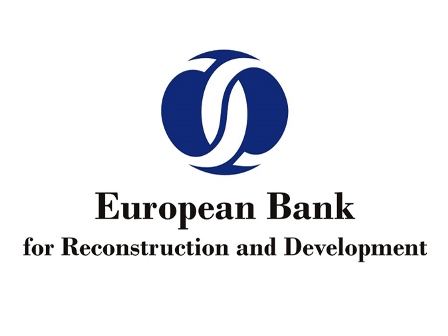“The government was recently praised by the Organisation for Economic Co-operation and Development for its anti-corruption measures, including the adoption of new legislation and the success of the Prosecutor General’s Anti-Corruption Department,” said the survey.
The top three business environment obstacles identified by Azerbaijani firms were competitors’ practices in the informal sector; access to finance; and access to land, according to the survey.
“Very few Azerbaijani firms relied on loans to finance their operational activities,” said the survey of EBRD. “Only 14.6 percent of firms had a loan or a line of credit, down from 19.9 percent in BEEPS IV, representing the lowest share among BEEPS countries. Working capital was predominantly financed through internal funds (92.8 percent, highest among BEEPS countries), while bank financing accounted for only 4.7 percent.”
The document said that the problems with the availability of funds are also relevant to other countries in the region, such as Russia, Georgia, Belarus and Armenia.
Access to land remained in third place, despite a significant reduction in the waiting time for a construction-related permit (from 46.5 to 13.7 days) and a sharp drop in the share of firms reporting that an informal payment was expected or requested in relation to that permit – from 54.7 percent in BEEPS IV to 8.2 percent in BEEPS V, said the document.
The main problems for countries with transition economy as a whole remain unfair competition, limited access to funds, as well as insecurity and high electricity tariffs. Companies are faced with these problems in one third of the countries participating in the survey, but they are most evident in Armenia, Russia, Croatia and Mongolia.
The BEEPS survey is held by EBRD jointly with the World Bank (WB). This survey is the fifth one and covers the period from 2011 to 2014. The survey involved more than 16,000 companies from 30 countries of the world. The first study was conducted in 1999.
More about:
















































